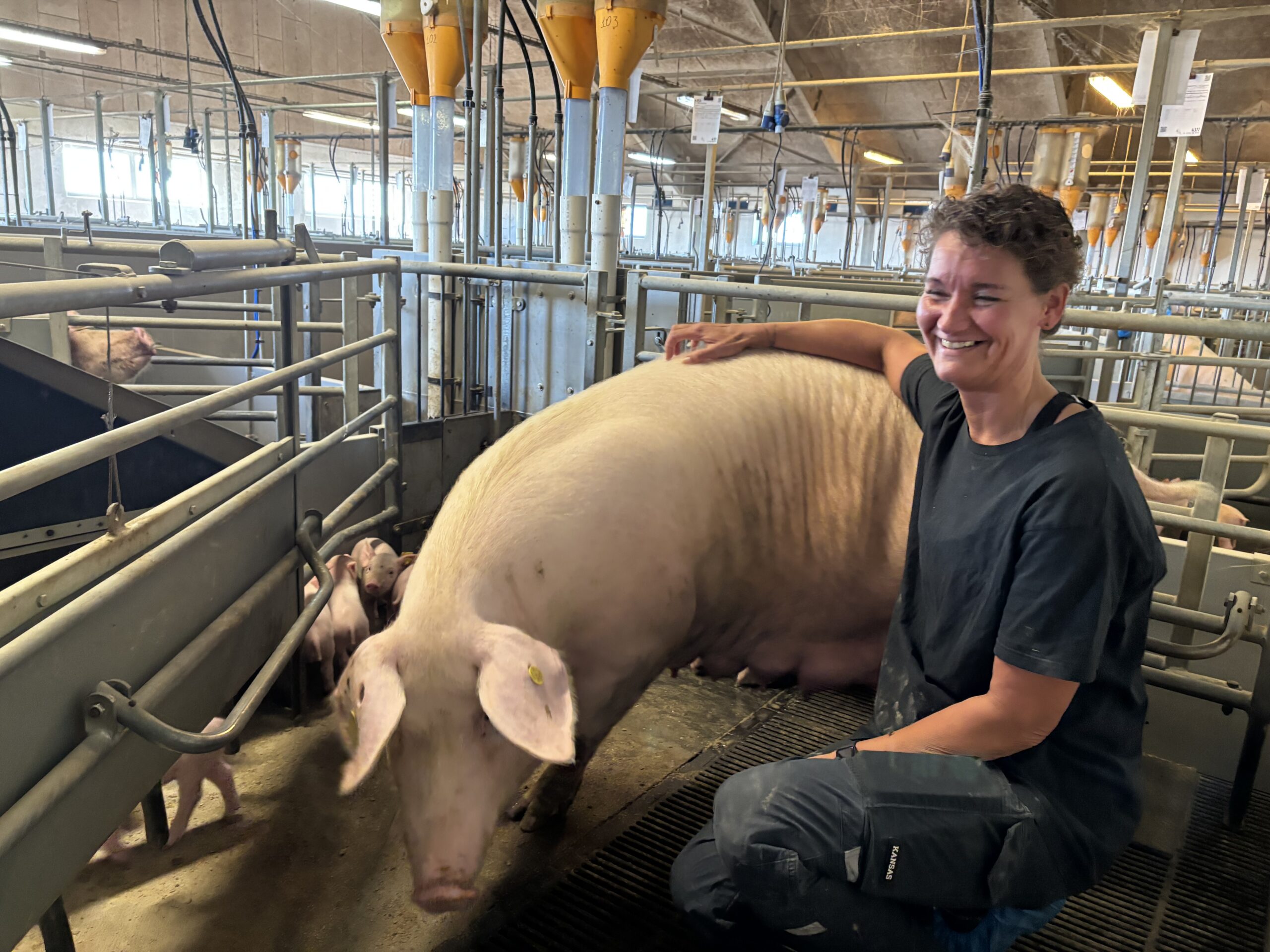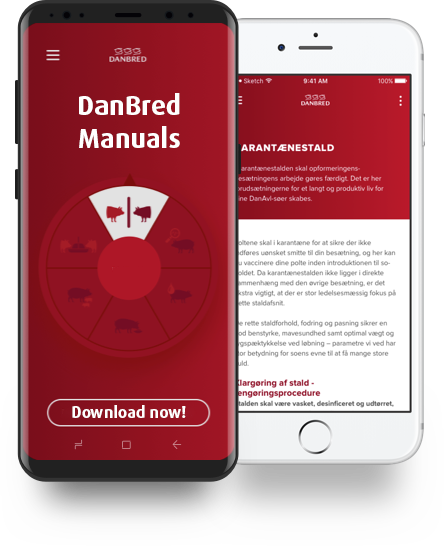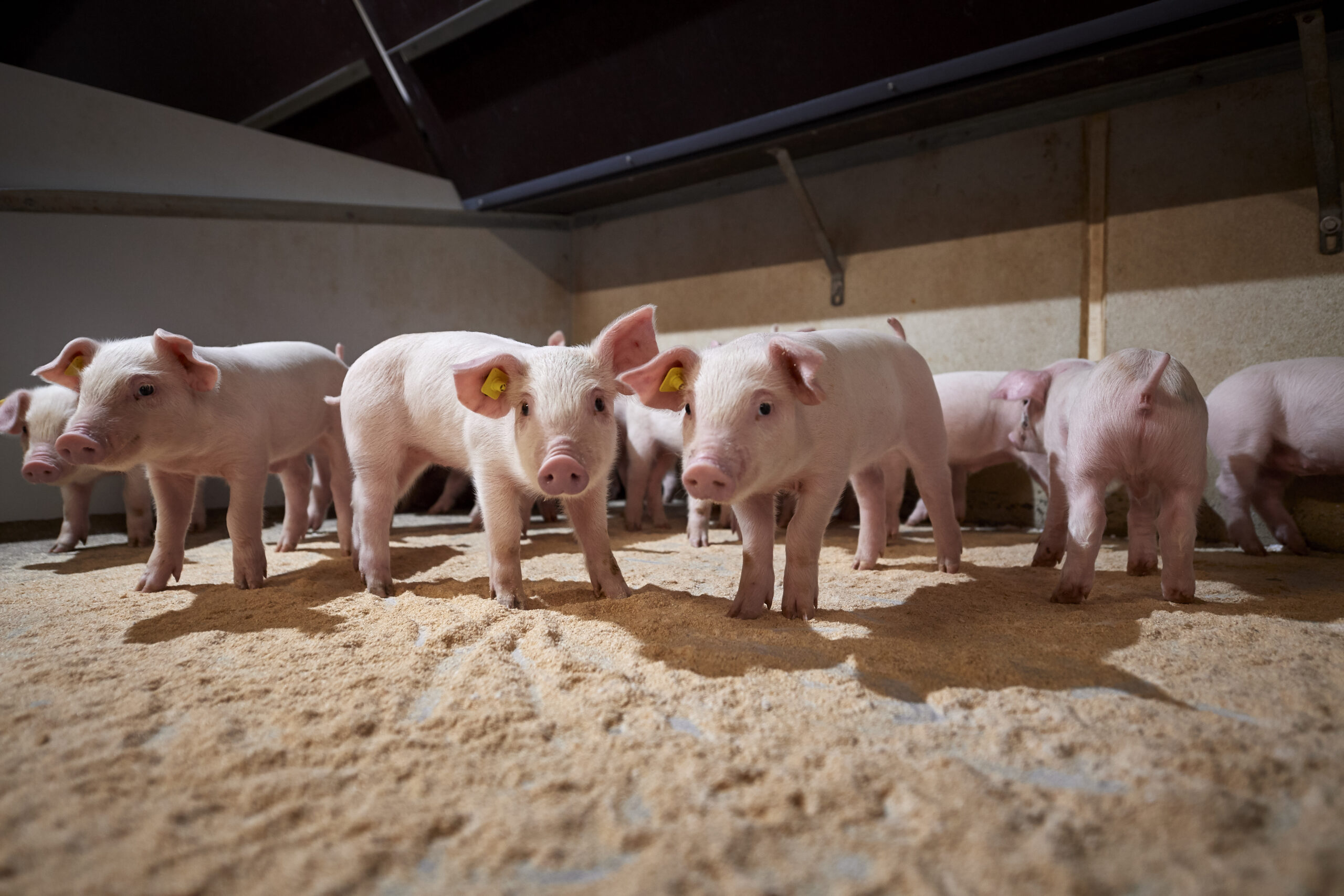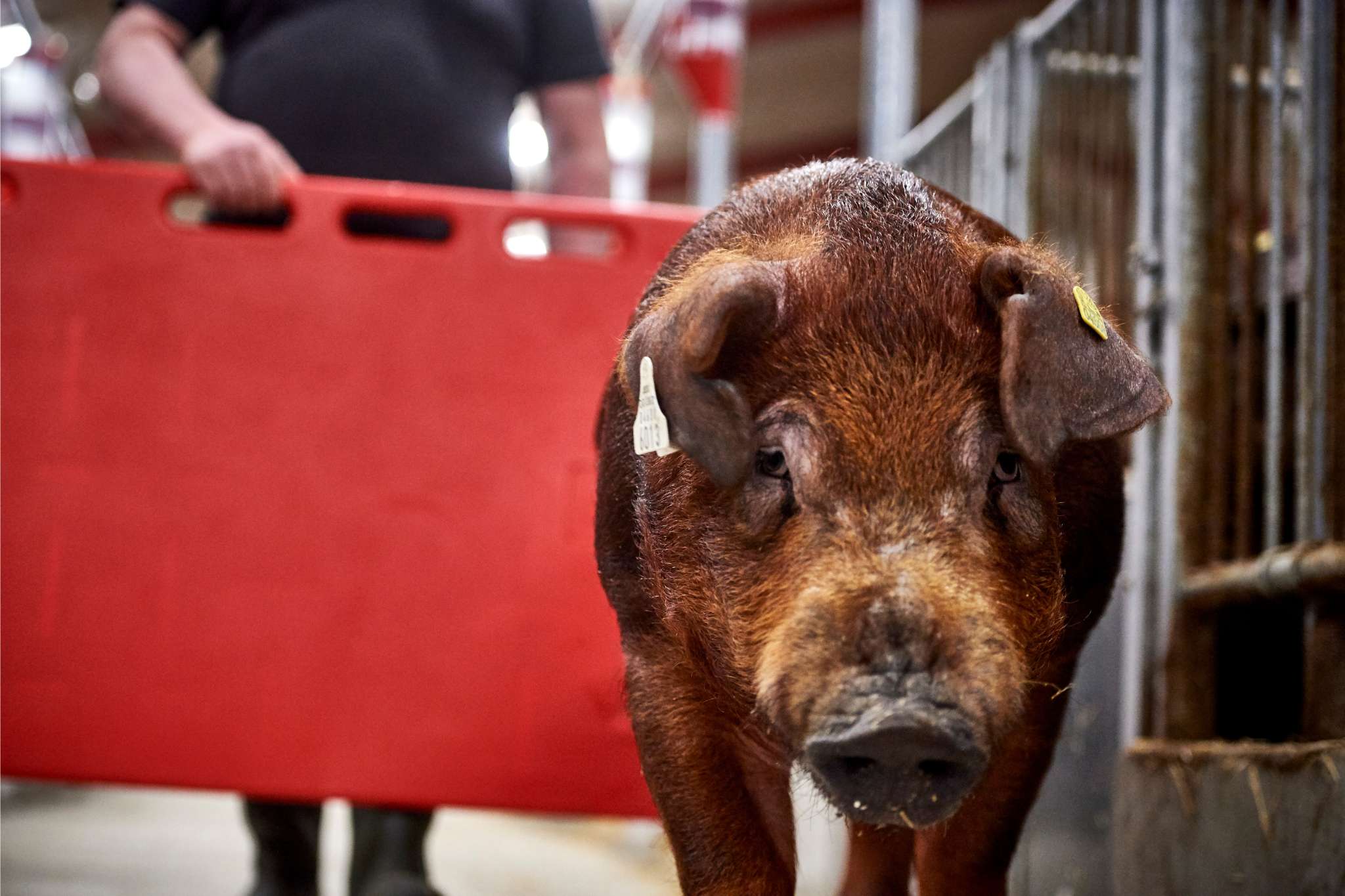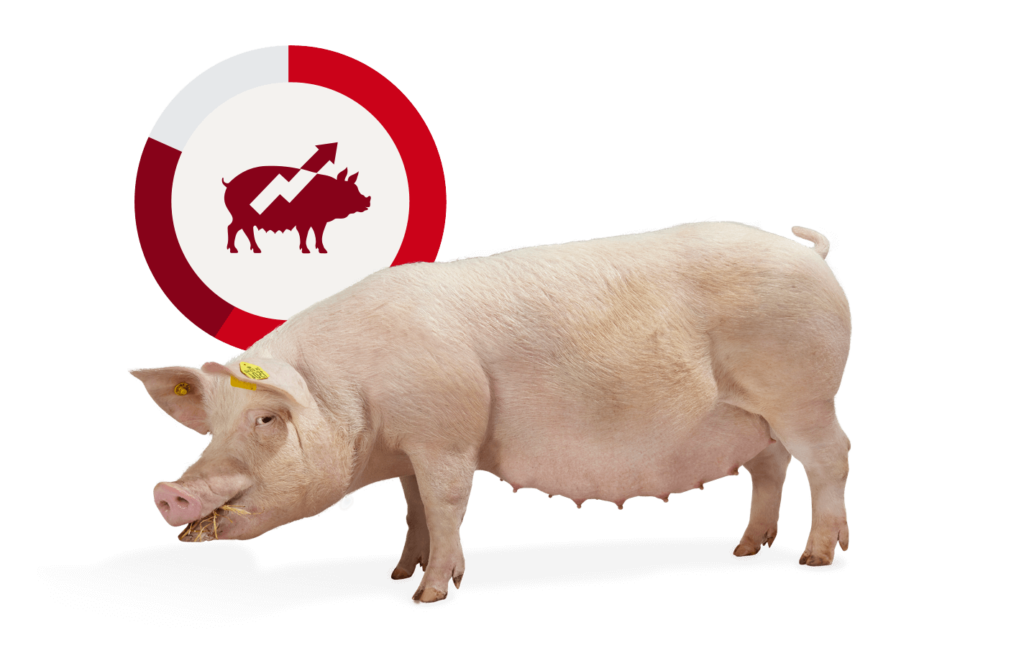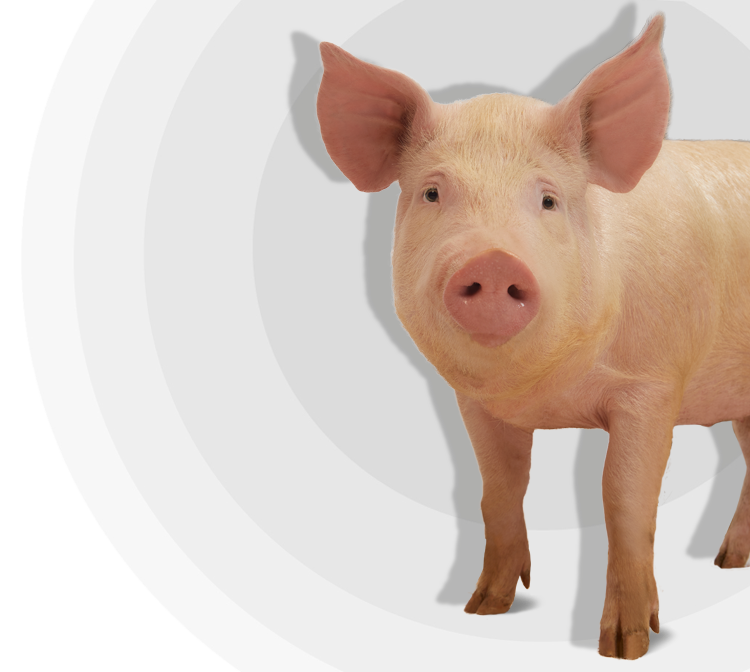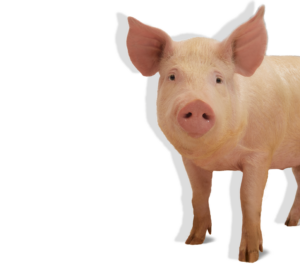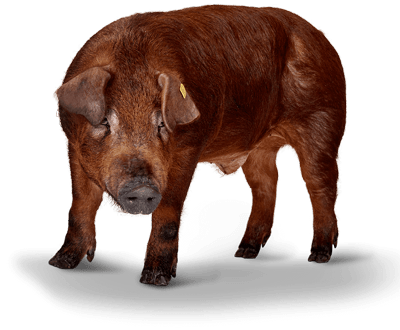At Solbjerggaard, they’ve proven that achieving stable performance and higher survival rates in both sows and piglets doesn’t have to involve major investments. Through strong teamwork and consistent routines, they’ve raised sow survival to 95% in their purebred herd.
They have routines firmly in place to ensure that genetic progress really shows at Solbjerggaard. That’s the experience of Paul Bonde Christiansen, who runs a multiplication unit with 620 DanBred Landrace sows on the island of Als in Southern Jutland. Over the past two years, he has seen survival rates move steadily upward – and the results speak for themselves.
Progress without major changes
The feed mix is unchanged, the housing system is older but still works well, and daily routines have only been slightly adjusted. Even so, they believe they have cracked the code for higher survival, all while producing close to 40 pigs per sow per year with their purebred sows.
One of the smaller but crucial adjustments has been to breed gilts a little earlier, ensuring they reach the recommended weight at first service—a factor that influences longevity in the herd. This has helped them maintain a steady sow survival of 95%.
“I never count the teats”
That’s how Maja Jacobsen, the farrowing-unit manager at Solbjerggaard, puts it. When she does the litter equilisation, she carefully assesses each sow and gives them 15 to 16 piglets. At first she was cautious, but after seeing the results, she now knows the sows can handle it. Today, the herd consistently weans 14.5 own piglets per litter.
Maja never looks at the number of teats before deciding how many piglets a sow can manage. She sees that the sows milk well, and that piglets grow and thrive better than ever, even when there are more piglets than teats. In fact, piglet survival in the farrowing unit is now consistently at 95%.
High ambitions all the way
When routines are solid and everyone works toward the same goals, impressive results follow—yet there’s still room to aim higher. Even though the results are strong, they’re not taken for granted.
“We can’t rest on our laurels, there’s always room for improvement,” says Maja, who is delighted with the progress. Now it’s all about holding each other accountable to the routines, because the effort is clearly felt in daily work.
The staff all agree that day-to-day tasks have become easier. The sows are calmer, easier to handle, and more robust than before, something clearly reflected in the survival rates.
Good Collaboration and Simple Solutions
One of the most important factors behind their success is the close cooperation between employees and across sections.
“If something goes wrong, we talk it through and find the cause and the solution together,” Maja stresses.
This approach also led to the introduction of a simple but effective new routine: each pen now has a pair of blue boot covers hanging outside. By putting them on and taking them off between pens, employees reduce the risk of spreading infection.
“It only takes a few seconds, but it makes a huge difference to infection pressure in the pens and to the pigs’ health,” Maja explains as she steps into the pen wearing the covers.
The team at Solbjerggaard has shown that strong routines and good collaboration can deliver remarkable results. With a sow survival rate of 95%, high piglet survival, and close to 40 pigs per sow per year with their purebred animals, they have plenty to be proud of.

